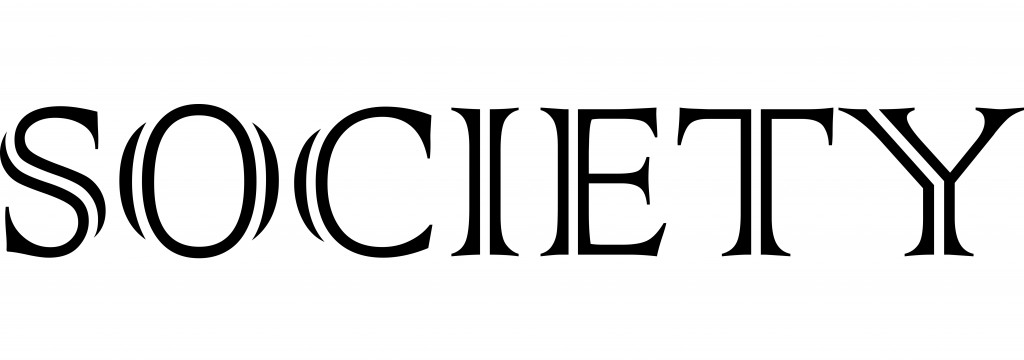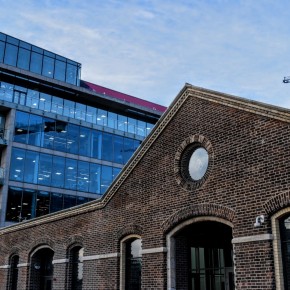
Figures published by the Department of Housing this month indicate that the number of homeless people in Ireland has reached the 10,000 mark. Responding to the escalating figures, Minister for Housing Eoghan Murphy said that current housing policies ‘were working’, but that the nature of the housing crisis meant it could never be ‘turn[ed] around...
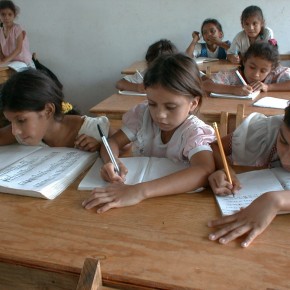
The Irish social policy model, in particular when it comes to welfare provision, is generally categorised as Liberal in nature, taking a passive, ‘safety-net’ approach to welfare intervention. Such a system is intended to alleviate the risk of extreme deprivation, but keep public welfare sufficiently sparse so as not risk the creation of poverty/unemployment trap....

In his 1967 book Where do we go from here, Martin Luther King wrote: I am now convinced that the simplest approach will prove to be the most effective — the solution to poverty is to abolish it directly by a now widely discussed measure: the guaranteed income. This coming year marks the fifty year...

With a General Election imminent, testing social issues are sure to be voiced readily over the coming months in both party manifestos and general public discourse. One topic that will certainly take centre stage in the upcoming debates is the issue of social deprivation and how to best combat economic poverty in a state still recovering...
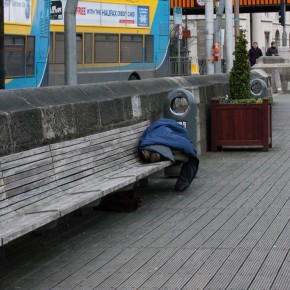
While decriminalising drug possession is a simplistic and ultimately self-defeating approach (a topic to be addressed in a future article), it must also be realised that incarceration is not a suitable response to dealing with social problems such as narcotic abuse, and will ultimately only succeed in increasing rooflessness, itself a gateway to narcotic use....
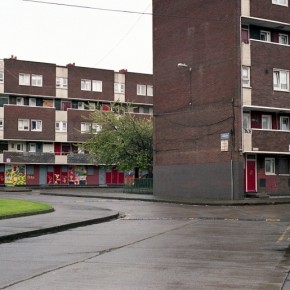
In 2008, the Department of the Environment, Heritage and Local Government released the strategy document, titled The Way Home: A Strategy to Address Adult Homelessness in Ireland, 2008-2013, providing a positive vision on the future status of homelessness by stating that: “From 2010, long term homelessness (i.e. the occupation of emergency accommodation for longer than...
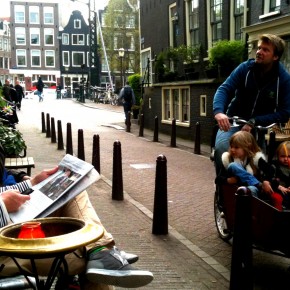
In the cases of Ireland and the United Kingdom, the welfare of workers is largely evaluated on the basis of occupational status and earnings. The implication of this is that part-time jobs are widely regarded as sub-standard jobs, deviating from the ‘norm’ of full-time work by which worker welfare and self-actualisation are often measured. Indeed,...

The severity of the economic crisis, coupled with rising unemployment figures, has exerted considerable pressure on stretched social welfare provisions, raising questions on the efficacies of the welfare systems of the state. In particular, it has been queried whether a more proactive approach in returning unemployed jobseekers to the active labour market ought be taken...
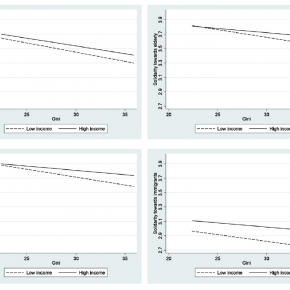
Termed by media outlets as the closest thing to a ‘give away budget’ since the Celtic Tiger heyday, Budget 2015 was intended to ease the fiscal pain placed on Irish society during years of Austerity. Yet, while fiscal relief is indeed to be welcomed, this author feels that the latest budget was a missed opportunity...



